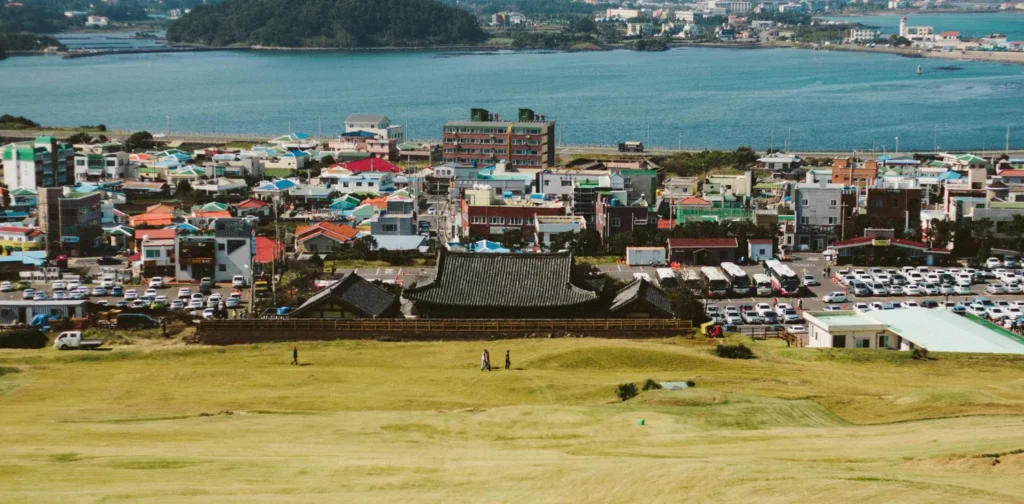Exploring the Importance of Urban Wetlands

Photo: Dasha Klimova on Pexels
Throughout history, human civilizations have always flocked to sources of water, including wetlands. More than half of the world’s population now live in urban areas, and the number is set to keep growing. As such, urban wetlands are increasingly becoming more relevant.
Wetlands and Urbanization
Wetlands are water-rich land areas that interact with bodies of water. Some examples are swamps, marshes, lakes, mangrove forests, peatlands, and river deltas.
These complex ecosystems are home to many plant and animal species. They are also natural water management systems that can filter pollutants and purify water, improving water quality. In light of climate change, wetlands’ function as natural carbon storage is also vital. Additionally, wetlands are culturally and spiritually significant to many communities worldwide, especially Indigenous Peoples.
Unfortunately, urban expansions threaten the quality and existence of wetlands, with developers itching to encroach, fill, and flatten these areas to build cities. Yet when properly preserved and sustainably managed, wetlands in urban areas have many benefits.
The benefits already mentioned still stand, and there are additional urban-specific advantages to consider. The water management function extends to flood management due to storms, heavy rainfall, and sea-level rise. Having well-preserved wetlands in urban areas can also improve air quality and mitigate urban heat island.
Economically, they can be a source of livelihood. This can come from sustainably harvesting its rich biodiversity or providing recreational, social, and educational functions through eco-tourism. Furthermore, urban wetlands act as blue-green infrastructure, enhancing the physical and mental wellbeing of city dwellers by bringing nature closer to them.
Wetland City Accreditation
Globally, the conversation on wetlands is gradually picking up pace. In 1971, the Convention on Wetlands became the first intergovernmental treaty on the topic. Recognizing the importance of urban areas in wetland conservation, the Convention later launched the Wetland City Accreditation scheme. Beginning in 2018, the list of Accredited Cities has reached 74 in 2025, including Balanga in the Philippines, Nagoya in Japan, Kigali in Rwanda, Saint Omer in France, and Valdivia in Chile.
“These cities have demonstrated strong commitment to wetland conservation through policies, projects, and community engagement. They have integrated wetlands into their urban planning, protected and restored wetland ecosystems, and raised awareness about the importance of wetlands,” wrote Ramsar Secretary General Musonda Mumba.
Toward Sustainable Urban Wetlands
As mentioned above, wetland-friendly urban planning is an effective strategy. This includes integrating constructed and natural wetlands into the urban landscape using biophilic design principles, restoring degraded wetlands, and creating plans for self-sustaining urban wetlands.
Furthermore, strong governance frameworks are crucially needed. Laws, regulations, and policies that protect wetland areas and encourage sustainable practices are the backbone of sustainable urban wetland management. Beyond that, involving the community in the creation, care, and management of urban wetlands can foster a sense of stewardship and ensure long-term sustainability that benefits people and the planet.

Nazalea Kusuma
Naz is the Manager of International Digital Publications at Green Network Asia. She is an experienced and passionate writer, editor, proofreader, translator, and creative designer with over a decade of portfolio. Her history of living in multiple areas across Southeast Asia and studying Urban and Regional Planning exposed her to diverse peoples and cultures, enriching her perspectives and sharpening her intersectionality mindset in her storytelling and advocacy on sustainability-related issues and sustainable development.


 Indian Gig Workers Push Back Against 10-Minute Delivery Service Strain
Indian Gig Workers Push Back Against 10-Minute Delivery Service Strain  Call for Governance: Grassroots Initiatives Look to Scale Efforts to Conserve Depleting Groundwater
Call for Governance: Grassroots Initiatives Look to Scale Efforts to Conserve Depleting Groundwater  Integrating Environment, Climate Change, and Sustainability Issues into Education Systems
Integrating Environment, Climate Change, and Sustainability Issues into Education Systems  Finally Enforced: Understanding the UN High Seas Treaty
Finally Enforced: Understanding the UN High Seas Treaty  Risks and Opportunities of Submarine Communication Cables for Sustainable Development
Risks and Opportunities of Submarine Communication Cables for Sustainable Development  Rising Attacks and Violence Against Land and Environmental Defenders
Rising Attacks and Violence Against Land and Environmental Defenders